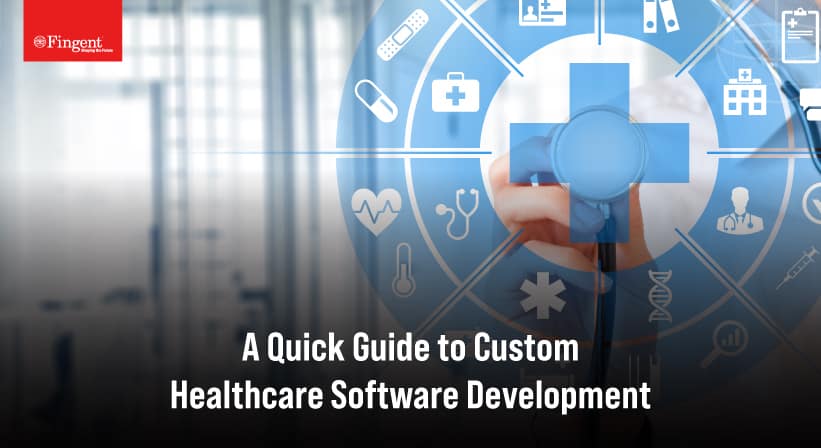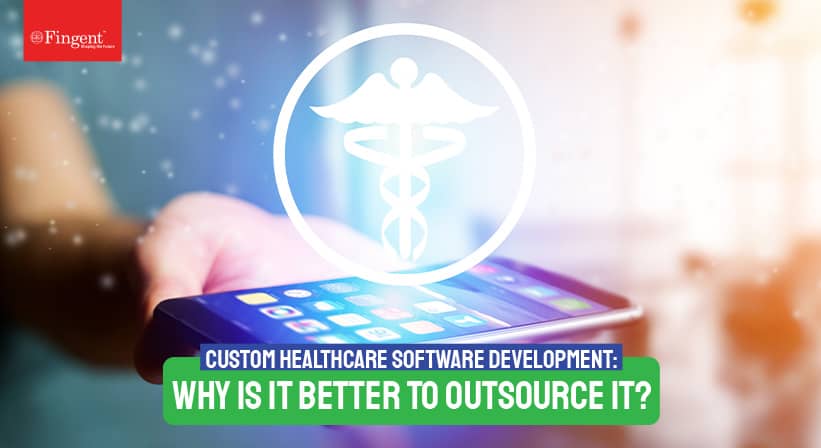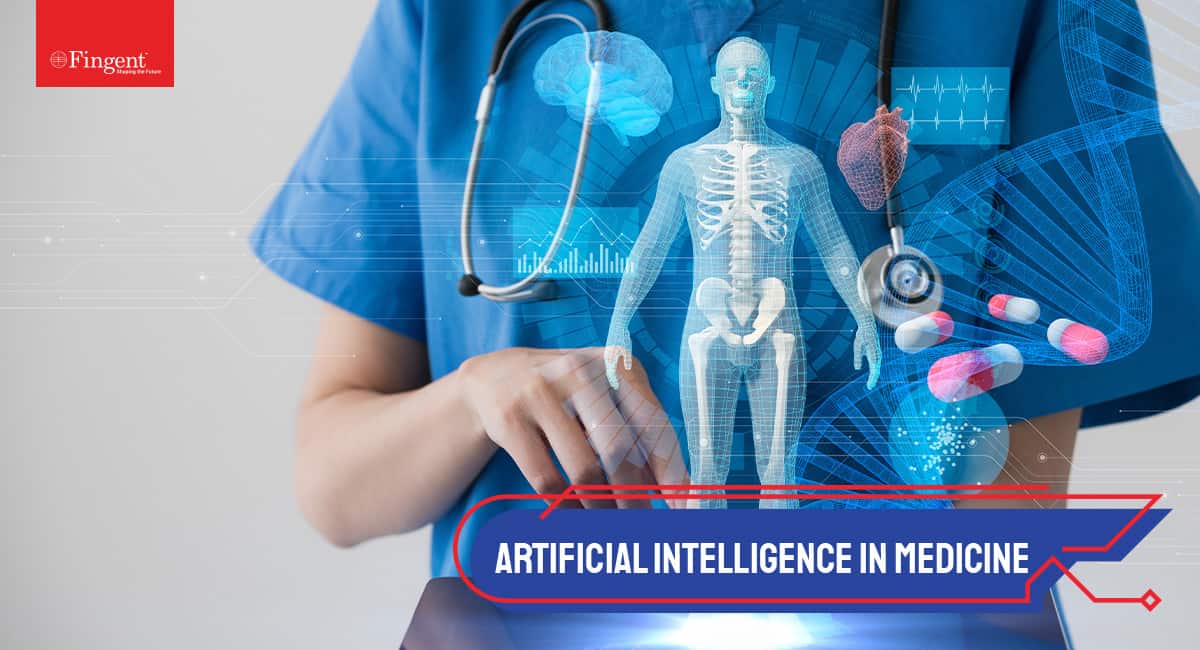Role of Mobile Technologies in Delivering Smarter Healthcare in 2015
Smart healthcare has been an emerging trend in the world of healthcare for quite some time now. It focuses on providing the knowledge and service capabilities of the best clinicians to patients irrespective of their geographic location.
Recently, the US Food and Drug Administration (FDA) approved a mobile health application for the diagnosis of melanoma. And it was found to be more accurate than an average clinician. Melanoma is found to be the fifth most common type of cancer in the United States and hence the application is significant for timely diagnosis and treatment. Especially in rural areas where specialized healthcare services are few and far.
Just like the melanoma app, there are many other mobile health applications which can influence human lives in a huge way. They are especially useful in cases of chronic diseases where continuous treatment is essential. They can provide patients with constant expert advice and support when most needed.
Some of the major reasons why mobile healthcare is so effective are:
- An Intelligent System: It uses specific algorithms and/or artificial intelligence to simulate the guidance and care of a clinician. It also makes use of data it captures to understand the health conditions of a patient. Thus, it is capable of providing corrective pieces of advice for a healthier lifestyle.
- With you always: According to several studies, most heart patients, after discharge made errors while using their prescribed drugs. Mobile healthcare solves such problems, as it constantly guides the patient.
- Convenience: It is available at the convenience of the patient. It eliminates the need for them to go visit their doctors often.
- Cost: It lowers the cost of overall healthcare as it helps to save on manpower costs.
- Control: It empowers the patients by allowing them to participate in their own treatment and fitness regimen and thereby gives them control over their own health.
Another major reason for mobile health’s popularity is a concern for the future of all healthcare systems in the US. From another survey conducted by the PwC, it was assessed that in 1980, there was an average of 10 patients for every healthcare worker and only around 8% of the GDP was spent on healthcare. But by 2020, the US will be spending over 20% of the GDP on healthcare and will have a shortage of 800,000 persons in doctors and nurses. This will bring the productivity of the entire healthcare system down to unimaginable low. However, the use of smart healthcare tools and applications, through mobile healthcare, will provide the necessary support and bring up the efficiency levels even in such a state.
Smart healthcare is expected to grow further in the future globally. To facilitate smart healthcare, providers need to ensure that the adoption of mobile technology is possible. With the growth of the healthcare industry as a whole, it would become almost inevitable to use mobile technology to cater to the needs of every patient.
Sources: PwC, FDA
Stay up to date on what's new

Recommended Posts

22 Jun 2023 Healthcare B2B
Custom Healthcare Software Development – Ultimate Guide!
The world of technology keeps evolving and waits for no one, so it is our responsibility to keep up with it rather than fall behind. The healthcare industry has for……

13 Oct 2021
Custom Healthcare Software Development: Why Is It Better To Outsource It?
With the ongoing COVID-19 pandemic, the healthcare industry is spiraling at an unexpected speed and is continuously inventing healthcare solutions to drive streamlined operations. Medical organizations are now largely depending……

14 May 2021 Healthcare
Artificial Intelligence in Medicine: Yesterday, Today, and Tomorrow
How is AI Facilitating Healthcare Innovation Over Years Today Artificial Intelligence (AI) is being used to enhance and improve all spheres of our lives. Artificial Intelligence in medicine is truly……

03 May 2021 Healthcare
5 Ways to Optimize the Revenue of Your Medical Practice and Clinical Processes
Technologies that help optimize revenue and performance of your medical practice There's no denying that revenue is essential for any business. Sustained revenue flow keeps the employees paid, leaves the……
Featured Blogs
Stay up to date on
what's new










